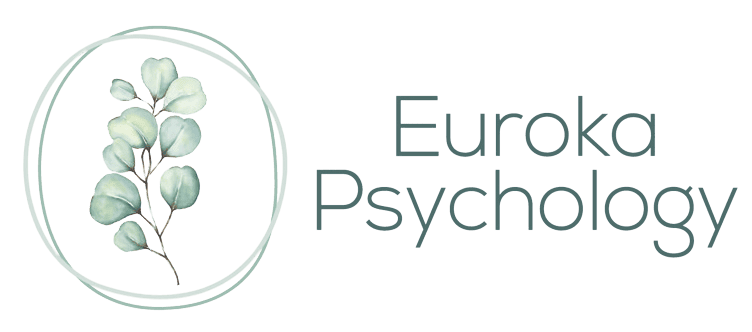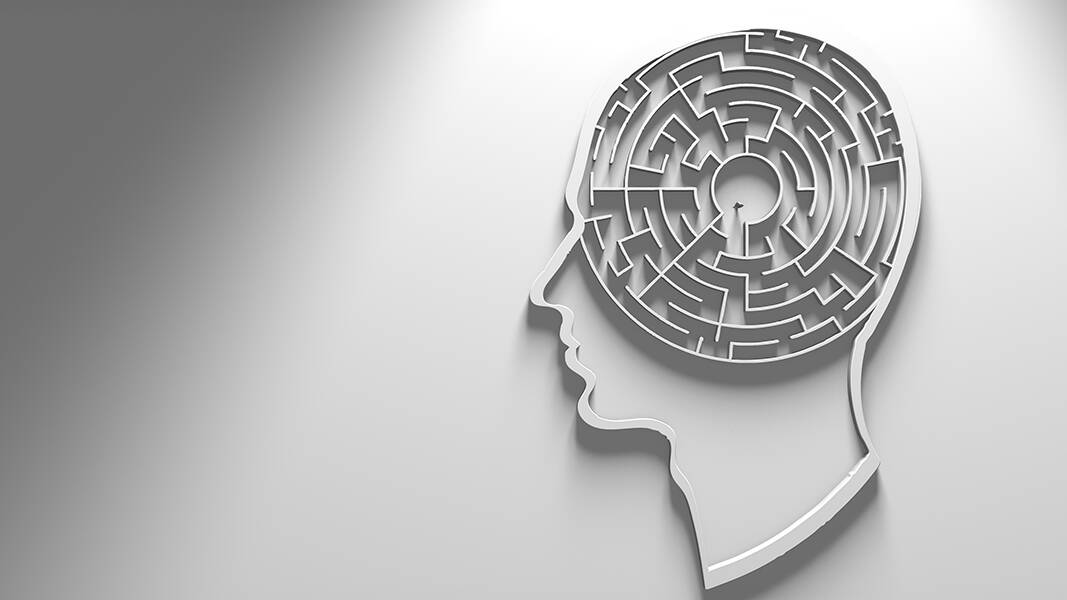Treatments
Acceptance and Commitment Therapy (ACT)
Acceptance and Commitment Therapy (ACT) is a psychological intervention emphasising acceptance and mindfulness combined with commitment strategies to foster mental flexibility.
It teaches individuals to accept their emotions and thoughts without judgment as part of a healthy response to various situations, rather than fighting or feeling guilty for them. ACT is structured around helping people commit to behaviour changes consistent with their values, leading to greater emotional and psychological well-being. It's particularly effective for individuals dealing with anxiety, depression, stress, and addictive behaviours, promoting long-term improvement through acceptance and action-oriented techniques.
Cognitive Behavioural Therapy (CBT)
Cognitive Behavioral Therapy (CBT) is a psychotherapeutic treatment that helps individuals understand the connections between their thoughts, emotions, and behaviours. It focuses on challenging and changing negative thought patterns and beliefs to foster more balanced thinking, leading to improved emotional states and actions.
CBT is structured and time-limited, aiming to change thinking patterns through active participation. It involves identifying problematic beliefs, challenging inaccuracies, and replacing them with realistic responses.
Suitable for various psychological issues like anxiety and depression, CBT benefits people of all ages who are ready to actively engage in improving their mental health through practical exercises and tasks.
Dialectical Behaviour Therapy (DBT)
Dialectical Behavior Therapy (DBT) is a cognitive-behavioral treatment that focuses on the psychosocial aspects of therapy. DBT combines standard cognitive-behavioural techniques for emotion regulation and reality testing with distress tolerance, acceptance, and mindful awareness.
This approach is effective in treating personality disorders and emotional dysregulation. DBT employs a variety of strategies, including individual therapy, group skills training, and direct coaching, to help clients manage intense emotions and improve interpersonal relationships.
Schema Therapy
Schema Therapy integrates elements from various therapeutic models to address deep-rooted patterns of thinking, feeling, and behaving known as schemas. These schemas often result in persistent life problems.
Schema Therapy is useful for treating personality disorders, chronic depression, and other complex conditions. It works by helping clients identify and modify maladaptive schemas through cognitive, behavioral, and emotion-focused techniques, supported by the therapeutic relationship that fosters a safe space for personal growth and change.
Family Systems Therapy
Family Systems Therapy examines psychological problems through the lens of family dynamics and interactions. It posits that an individual’s behavior and mental health are interconnected with the family unit's functioning.
The therapy involves multiple family members to identify and address relational dynamics and communication issues. By improving these interactions, Family Systems Therapy aims to resolve conflicts and enhance the overall functioning of the family, making it effective for addressing marital issues, parent-child conflicts, and other family-related psychological challenges.
Mindfulness
Mindfulness is a therapeutic tool derived from meditation that focuses on cultivating present-moment awareness without judgment. This practice involves observing thoughts, feelings, and bodily sensations from a distance without attaching to them emotionally.
Mindfulness is used in various mental health treatments to help reduce symptoms of anxiety, depression, and stress by encouraging a shift in how individuals relate to their experiences. It involves techniques such as breathing exercises, guided imagery, and other forms of meditation to develop a deeper, more focused state of relaxation and awareness.

